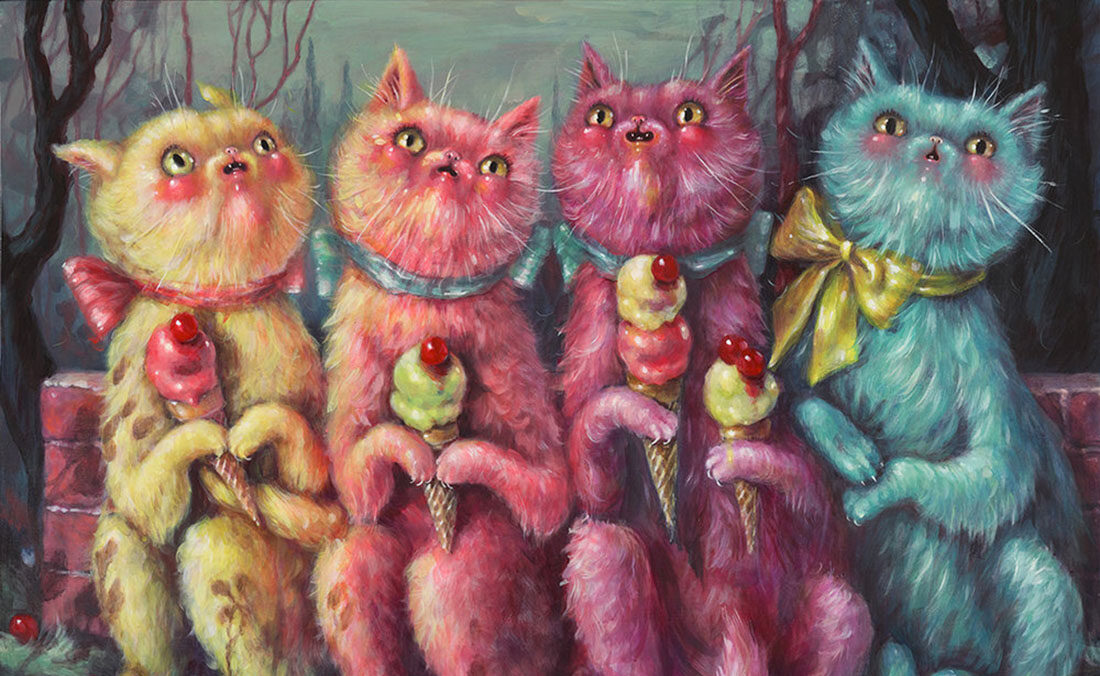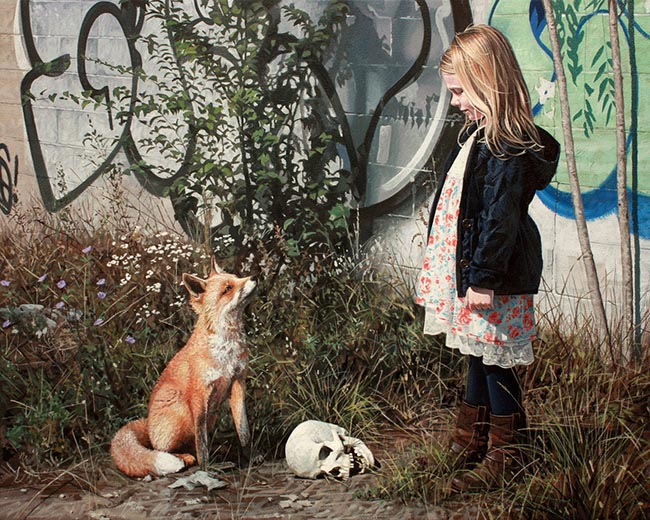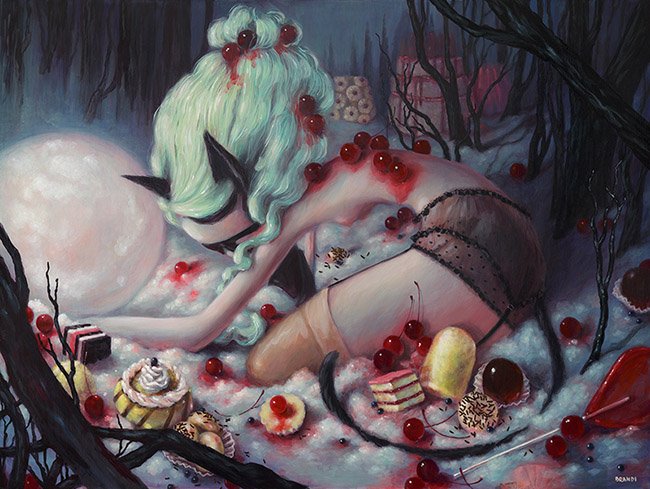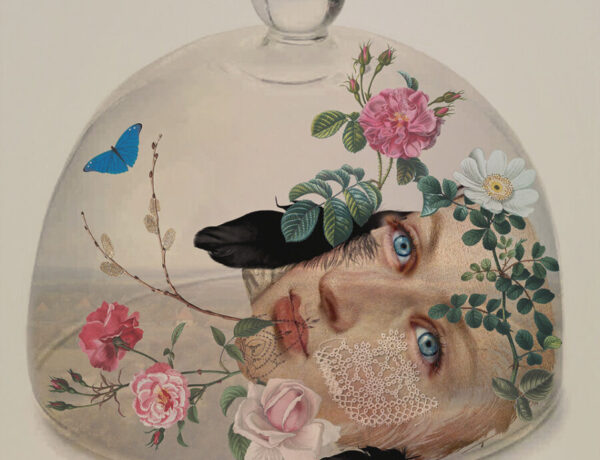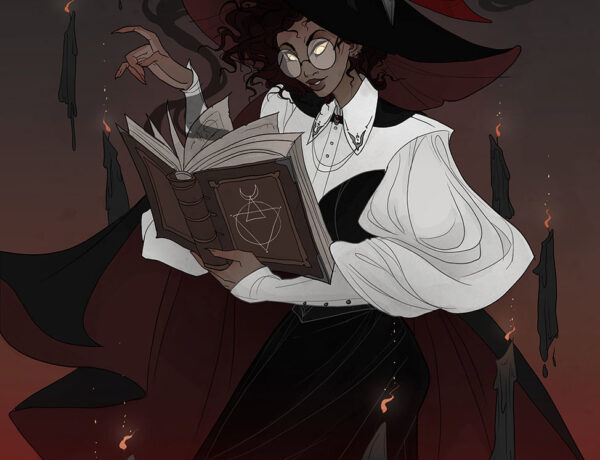MentorMe is a free resource for creatives who wish to learn from their peers. This Q&A resource provides insights into advice for working with Galleries, what you should expect from working with a gallery, and the differences between selling privately versus through a gallery. In each guide a different group of artists and photographers will share their insights, personal experiences and advice with creatives that wish to grow and evolve in their artistic practice.
Beautiful Bizarre Magazine mentors encourage, guide and inspire emerging artists as they explore their creativity, develop their technical skills and find their personal style.
MentorMe Edition 4 Mentors:
Jeremy Mann, Tran Nguyen, Kevin Peterson, Joel Rea, Lori Nelson, Rebecca Leveille, Brandi Milne, Kris Kuksi, and Kathrin Longhurst.
In Edition 4 Beautiful Bizarre Magazine’s Mentors respond to the following 3 questions:
- What advice would you give your fellow artists on how to get gallery representation?
- What are the 3 main do’s and don’ts for Galleries when working with artists?
- What are the benefits and disadvantages of selling your work through a gallery rather then privately?
Below 3 of the 9 mentors respond to the following question:
What advice would you give your fellow artists on how to get gallery representation?
What advice would you give your fellow artists on how to get gallery representation?
Kris Kuksi: “This is a very difficult question. Firstly, you have to have sellable work – sellable being uniquely captivating, marketable and magnetising work that is visible out there in the ether. As an artist, knowing someone who knows someone who runs a gallery might place you at a slight advantage of being considered by that gallery, so networking is an essential element, no matter how daunting that may seem to the artistic soul. I would NEVER suggest sending a submission to a gallery unless they openly invite submissions. Galleries do not like to be art critics for artists, and do not generally enjoy the permeating aura of awkwardness that surrounds having to answer to inquiries about submitted examples, particularly in person.
Galleries are like hunters – they tend to want to seek you. It may not matter how many art degrees you have, or how scholarly astute you are. If your work can sell – you are in. Galleries need their artists to be appealing from a selling standpoint more than anything. Simply put, if what you do is great they will find you. Be patient.”
What advice would you give your fellow artists on how to get gallery representation?
Kevin Peterson: “When I first decided to reach out to some galleries, I made a little book with about 10 of my best paintings. I had a bio section with CV and artist statement, but most importantly, nice high res images of my work. I used blurb.com for the book, but there are a lot of places that will make a nice little book for you for not a lot of money. I researched galleries that I thought would be a good fit for my work and sent out the book with a personalised cover letter. I also put in a stamped, self addressed envelope for the gallery to return the book if they wanted. If you get it back with a rejection, don’t worry about it, send it right off to your next choice.”
What advice would you give your fellow artists on how to get gallery representation?
Brandi Milne: ” I would say firstly, make sure you have a strong portfolio that is current and represents your talent and abilities. From there, there should be some research as to which galleries you’d like to work with, and then submit your portfolio. If possible, I would suggest walking in in person, introducing yourself, and letting them know you’d be very interested in showing in their space. Whether you are able to do that in person or online, there should be a follow up email or phone call, if you’ve not heard back from the gallery. It’s important to remember that there are many artists seeking representation, and though you are unique, there might be a few rejections along the way. This can be discouraging, or you can look at it as a challenge, which can motivate you and inspire you to work harder! Keep your attitude positive, and keep trying!!”
To read the other Mentors’ answers to this question or any other in Edition 4 please click here to download our FREE Artist Resource, MentorMe.


